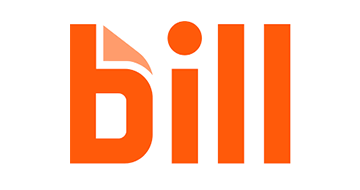
| Starting Price | $45/month |
|---|---|
| Pricing Model | Subscriber based |
| Free Trial | Yes |
| Free Version | No |
Subscription businesses face unique challenges that traditional billing systems simply cannot handle. Failed payments alone cost businesses 9% of their total revenue, while manual subscription management drains resources and increases churn rates. The right recurring billing platform transforms these pain points into competitive advantages, automating complex processes while maintaining the flexibility your growing business demands.
Explore our curated list of the best value recurring billing and subscription management software solutions that offer exceptional value and functionality. Our top picks are industry-leading solutions that can revolutionize your subscription and recurring payment management.

| Starting Price | $45/month |
|---|---|
| Pricing Model | Subscriber based |
| Free Trial | Yes |
| Free Version | No |
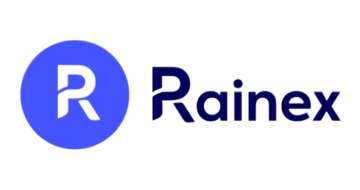
| Starting Pricing | $99/mo |
|---|---|
| Pricing Model | Monthly Subscription |
| Free Version | Yes |
| Free Trial | No |

| Starting price | Contact Sales |
|---|---|
| Free trial | No |
| Free version | No |
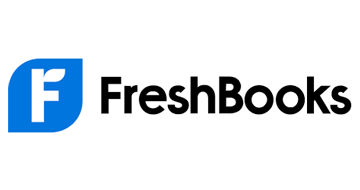
| Starting price | $6/mo |
|---|---|
| Pricing model | Subscriber based |
| Free Trial | Yes |
| Free Version | No |
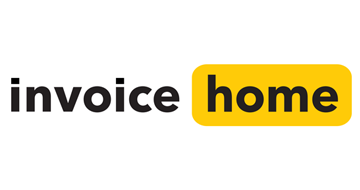
| Starting Price | $5/month |
|---|---|
| Pricing Model | Subscriber based |
| Free Trial | Yes |
| Free Version | Yes |
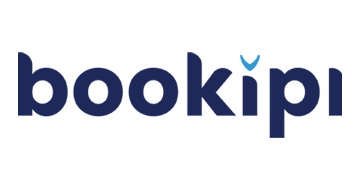
| Starting Price | Free |
|---|---|
| Pricing model | Free |
| Free Trial | Yes |
| Free Version | Yes |
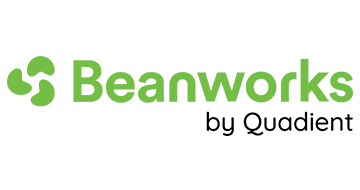
| Starting Price | Contact Beanworks |
|---|---|
| Pricing Model | Quotation based |
| Free Trial | No |
| Free Version | Yes |
Recurring billing software automates the entire subscription lifecycle, from initial sign-up through renewal management and payment processing. Unlike traditional invoicing systems, these platforms handle the complexities of subscription commerce: proration calculations, usage-based billing, dunning management, and revenue recognition.
The financial impact is immediate and measurable. Companies using automated billing systems report 15% faster payment collection and 23% reduction in involuntary churn compared to manual processes. This efficiency extends beyond simple automation – modern platforms provide the foundation for scalable subscription operations.
Advanced platforms process recurring payments automatically while handling edge cases like failed transactions, partial payments, and billing cycle changes. Smart retry logic and dunning management minimize revenue loss from payment failures.
Whether you offer tiered subscriptions, usage-based pricing, or hybrid models, robust platforms accommodate complex pricing scenarios. Features include prorated billing, mid-cycle plan changes, and custom billing frequencies.
Comprehensive financial reporting ensures compliance with accounting standards while providing insights for strategic decision-making. Integration with accounting software streamlines financial workflows.
Modern customers expect control over their subscriptions. Self-service portals reduce support overhead while improving customer satisfaction through transparent billing history and easy plan modifications.
Rainex offers robust automation features with support for over 135 currencies and multiple payment gateways. The platform provides automated dunning management, multilingual customer communications, and extensive self-service capabilities.
Notable features include QR code payments, broad geographic support, and customizable billing automation. The first 100 transactions are free, making it accessible for growing businesses to test compatibility with existing processes.
BILL is a comprehensive financial operations platform that speeds up payment processing while eliminating paperwork. The platform integrates seamlessly with existing accounting workflows, offering automated invoicing, payment scheduling, and vendor management capabilities.
Key features include intelligent payment routing, automated approval workflows, and robust integration ecosystem. BILL excels at streamlining accounts payable and receivable processes while providing visibility into cash flow and payment status across all transactions.
Sage Accounting delivers comprehensive accounting and payment management designed for growing businesses. The platform combines traditional accounting functionality with modern subscription billing capabilities, making it ideal for businesses transitioning to recurring revenue models.
Simple subscription models with fixed pricing and standard billing cycles require different capabilities than complex usage-based or hybrid pricing structures. Evaluate your current and projected billing scenarios:
Modern subscription businesses rely on integrated software ecosystems. Your billing platform must connect seamlessly with:
Subscription businesses experience rapid growth spurts that can overwhelm inadequate billing systems. Plan for:
Transaction Volume Scaling: Ensure the platform handles your projected transaction growth without performance degradation or excessive cost increases.
Geographic Expansion: Global scaling requires multi-currency support, localized payment methods, and compliance with regional regulations.
Product Complexity Evolution: As your offerings expand, your billing platform should accommodate new pricing models without requiring complete system replacement.
Sophisticated platforms employ machine learning algorithms to optimize payment retry strategies and identify customers at risk of churning. Features include:
Subscription platforms handle sensitive financial data requiring robust security measures and regulatory compliance:
Leading platforms provide comprehensive insights beyond basic reporting:
When evaluating recurring billing platforms, consider both direct and indirect costs:
Direct Costs: Platform subscription fees, implementation costs, and transaction processing charges
Indirect Benefits: Reduced manual labor, improved collection rates, decreased churn, and enhanced customer lifetime value
Break-Even Timeline: Most businesses achieve positive ROI within 6-12 months, with benefits accelerating as subscription volume grows.
Successful platform selection requires systematic evaluation across multiple dimensions:
Success in subscription commerce requires more than just automated billing. Leading companies leverage their billing platforms as strategic assets, using data insights to drive product development, pricing optimization, and customer experience enhancement.
The investment in proper recurring billing infrastructure pays dividends far beyond operational efficiency. It provides the foundation for sustainable subscription growth, customer retention, and long-term business success.
Ready to transform your subscription billing operations? Explore our comprehensive reviews and comparisons to find the platform that aligns with your business goals and technical requirements. The right choice today determines your subscription business success tomorrow.